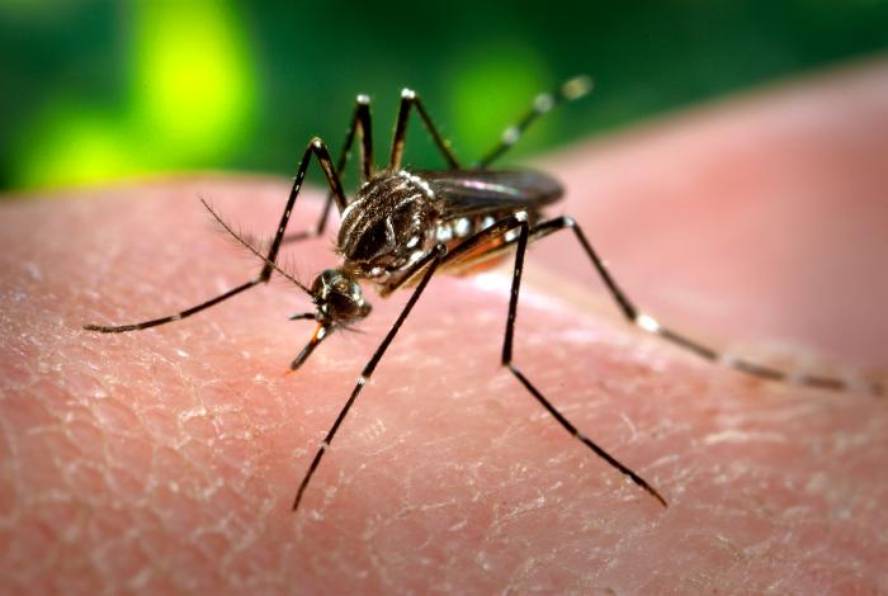Calling for action on the spread and consequences of the virus
The World Health Organization will decide today on the global emergency situation for the Zika virus. This is because infections are spreading alarming, especially in tropical areas of America, with a significant increase in cases of microcephaly in newborns and Guillain-Barré syndrome.
In Brazil, for example, about 4,000 children born with microcephaly have been counted since October last year, 20 times more than those born between 2010 and 2014. Guillain-Barré syndrome, for its part, has caused serious neurological damage in some infected. However, in both cases, the relationship between virus and disease is not demonstrated and is one of the concerns of health authorities.
In another case, the symptoms produced by the pica virus are relatively light and in many cases asymptomatic. The expert is especially concerned about its rapid expansion. It is transmitted through the Aedes aegypty mosquito (the same one that pollutes dengue and yellow fever), so measures to control it become the priority. But it is not easy, since this mosquito is very abundant in all countries of the tropical climate, and the weather has accompanied in recent times, as it lives in calm waters, and the ponds left by the flooding caused by the Child does not and continues to rain.
WHO will soon report on the measures to be taken.
More information in the Kalegorri program of Info 7.






